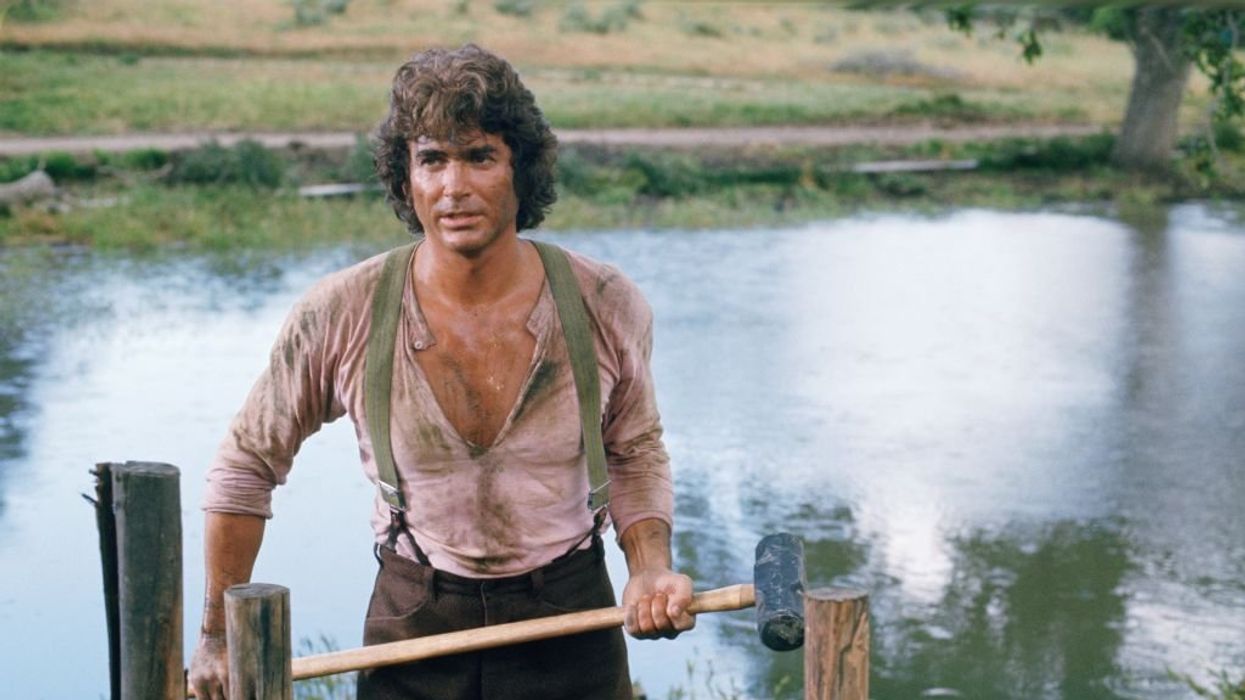
Getty Images/NBC
Author Nancy Pearcey explains why both men and women think marriage is a bad deal
Let's check in on the state of American marriage.
Here's Lyz Lenz in her new new memoir-cum-polemic"This American Ex-Wife:" "In response to news of divorce, people often reply, 'I’m sorry,.' But I think we should say 'congratulations.' Congratulations for prioritizing yourself. For being brave. For the self-knowledge to know when to leave."
Husband and wife were engaged in a common enterprise (though not necessarily in identical tasks). They worked side by side, suffering common defeats and rejoicing in common victories.
If you're at all familiar with the trendy divorce-as-self-discovery narrative, it won't surprise you who Lenz blames for her decision to break up her family (she has two young children): her husband. It seems that when he wasn't at his full-time job, he just didn't do enough to help with the housework.
The equitable distribution of chores is a common enough tension in marriages. But Lenz's solution seems a bit drastic: "Do you want to know how I finally got my husband to do his fair share? Court-ordered 50-50 custody, that’s how."
Lenz also blames the institution itself. It's set up to benefit men at the expense of women. "It soon became clear," Lenz writes. "I could be successful, or I could be married."
It's funny, a lot of men seem to feel the same way. To them, marriage is a trap that will strip them of their assets and deprive them of their children. Even if you don't get divorced, you'll find your masculine energy and ambition sapped by life in the longhouse.
How did we get to such an impasse? Anyone wanting to answer this should read Nancy Pearcey's book "The Toxic War on Masculinity." In it, she tackles the problem at hand by very carefully, historically, and philosophically parsing our ideas of masculinity, femininity, sex, and the family. This seems to be what gets lost in all the senseless, heated “debate.” What are men and women? Who made them? For what purpose?
In Pearcey's telling, it is the slow drift away from Christianity that's caused all the confusion. In America's earliest, pre-industrial days, marriage was a space in which both sexes thrived:
[L]ife in the thirteen colonies was characterized by an integration of life and labor. Husband and wife were engaged in a common enterprise (though not necessarily in identical tasks). They worked side by side, suffering common defeats and rejoicing in common victories. A husband/ father was the head of a small commonwealth—a semi-independent economic unit that often included members of the extended family, relatives, apprentices, servants, hired hands, farm laborers, boarders, and (mostly in the South) slaves. In the language of the day, explains one historian, “all a man’s household, whether related or not, were spoken of as ‘his family.'"
Under this arrangement, both men and women had a common understanding of — and respect for — proper masculine virtue, something we sorely lack today.
Pearcey joined me on "Girlboss, Interrupted" this week to explain how feminists and "meninists" alike have been misled by Darwinistic assumptions that reduce sex and reproduction to competition and scarcity and how a return to Christian metaphysics can help heal this rift at the heart of our civilization.